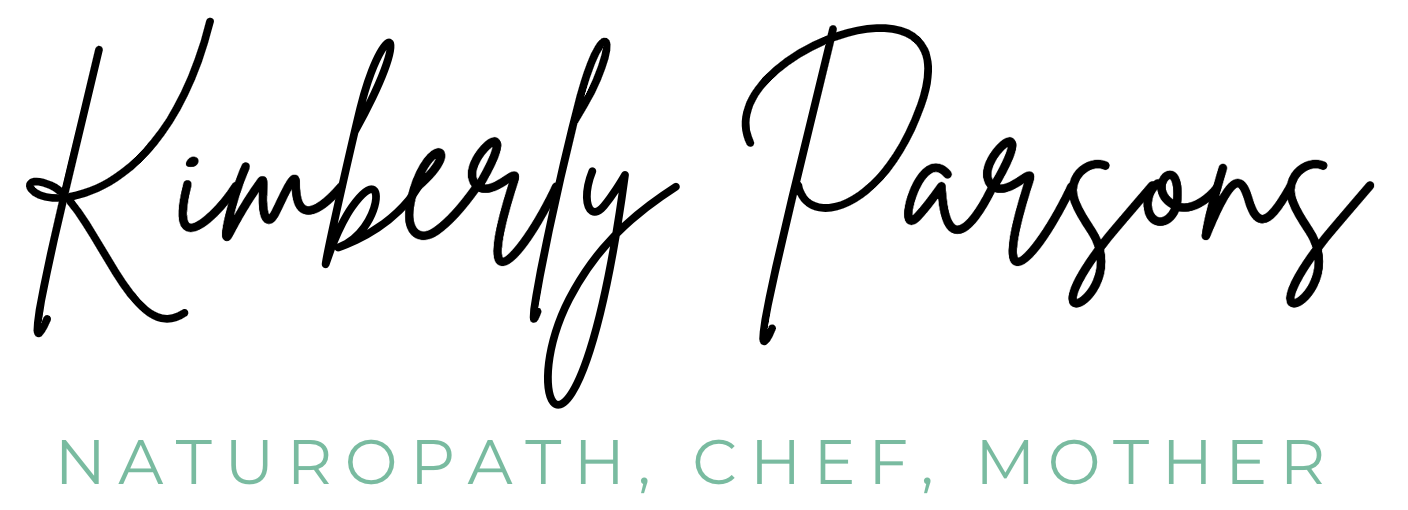Will eating soy help or hinder my hormones?
Are you a little scared of soy products?
I wouldn’t be surprised if you are. There is certainly a lot of misinformation out there so let me help clear this up for you.
Soy is exalted as a health food by some, with claims of taming hot flushes, warding off osteoporosis, and protecting against hormonal cancers like breast and prostate. At the same time, soy is shunned by others for fear that it may cause breast cancer, thyroid problems, and dementia, though these claims have not been substantiated.
As a species within the legume family, nutrition scientists often label soy as a food with potential for significant health benefits. However, due to contrary research that suggests possible negative effects of soy in certain situations, there has been a hesitancy to wholeheartedly promote dietary soy.
Part of the uncertainty is due to the intricacy of soy’s effects on the body. Soy is unique in that it contains a high concentration of isoflavones, a type of plant estrogen (phytoestrogen) that is similar in function to human estrogen but with much weaker effects. Soy isoflavones can bind to estrogen receptors in the body and cause either weak estrogenic or anti-estrogenic activity. The two major soy isoflavones are called genistein and daidzein. Soy isoflavones and soy protein appear to have different actions in the body due to several factors such as:
Hormone levels. Because soy can have estrogenic properties, its effects can vary depending on the existing level of hormones in the body. Pre-menopausal women have much higher circulating levels of estradiol—the major form of estrogen in the human body—than post-menopausal women. In this context soy may act like an anti-estrogen, but among post-menopausal women soy may act more like an estrogen.
Type of soy. What type of soy is being consumed? Whole soy foods such as tofu and soybeans, processed versions like soy protein powders, or soy-based veggie burgers? Fermented or unfermented soy foods? If supplements are used, do they contain isoflavones or soy protein?
Aside from their isoflavone content, soy foods are rich in nutrients including B vitamins, fiber, potassium, magnesium, and high-quality protein. Unlike some plant proteins, soy protein is considered a complete protein, containing all nine essential amino acids that the body cannot make which must be obtained from the diet. Soy foods are also classified as fermented or unfermented. Fermented means that the soy food has been cultured with beneficial bacteria, yeast, or mould. Some believe that fermenting soy improves its digestibility and absorption in the body, as this process partially breaks down soy’s sugar and protein molecules
Here is a list of unfermented soy products readily available:
Soy milk
Tofu (bean curd), silken or firm
Dry roasted soybeans
Fresh soybeans (edamame)
Soy based cheeses
Soy based burgers
Here is a list of fermented soy products readily available:
Miso
Natto
Tempeh
Soy sauce or tamari
So what’s the bottom line?
Not enough evidence exists to suggest a link between soy consumption and hormone changes in the body such as increased serum estrogen, breast cancer risk, thyroid hormone imbalances, and infertility. As far as the current literature suggests, soy can be a healthy component to the diet, and an appropriate meat alternative, especially in replacement of processed red meats.

